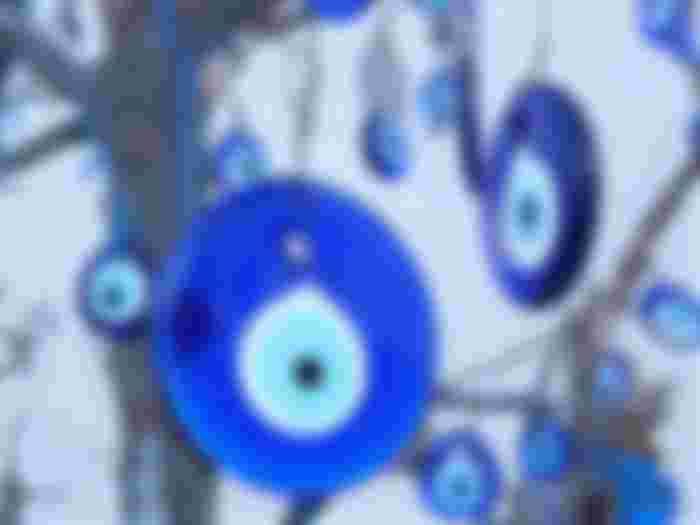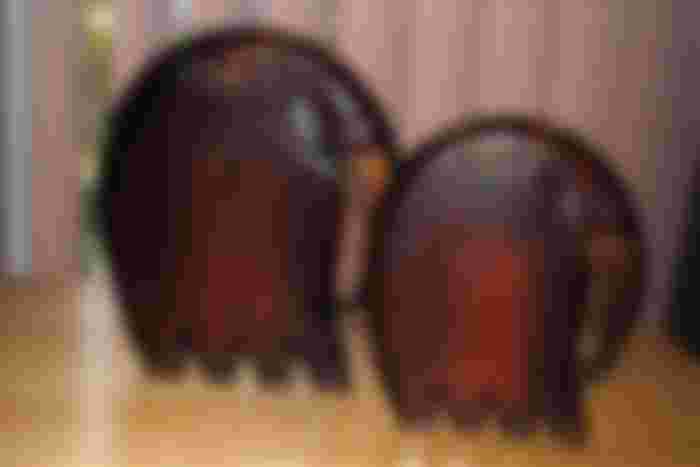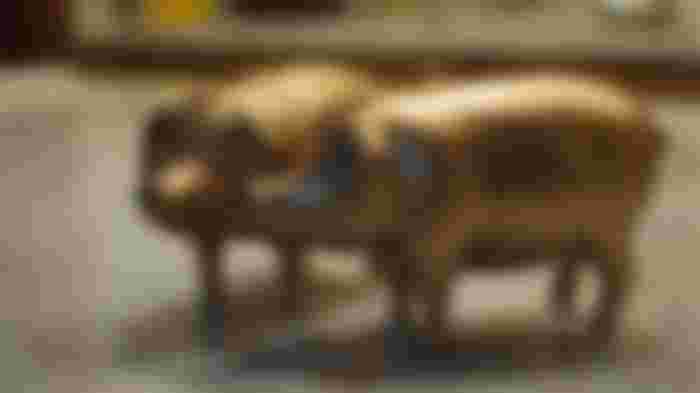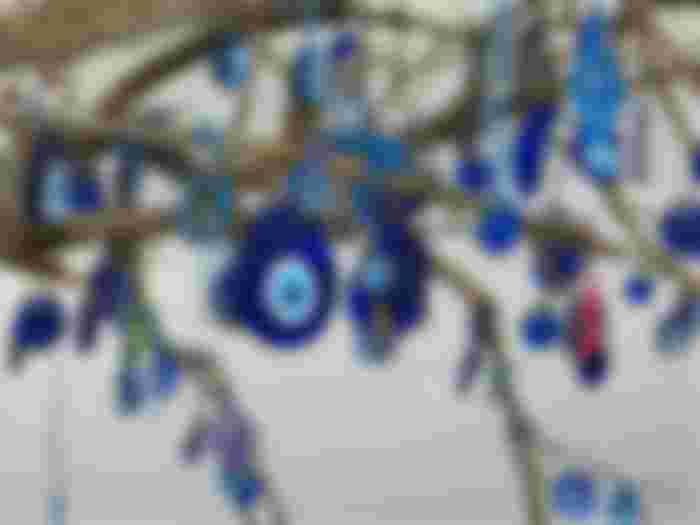The blue or evil eye that is sold on the Turkish streets protects the owner from accidents, and the positive is allegedly attracted by a colorful Swedish horse, a Peruvian ax ...
In Germany, piglets are sold as souvenirs that bring good luck, whether they are made of marzipan or as characters on cups, porcelain decorative dishes or cups to be placed in a place of honor in the home.

The belief dates back to the Middle Ages when it was believed that one who had enough pigs would never be hungry. In India, on the other hand, pigs are replaced by elephants symbolizing the sympathetic deity Ganesha. In India, his character adorns temples, shops and homes to overcome obstacles and prevent evil influences. Ganesha sometimes sits and sometimes dances at the entrances to the house. Elephants in many cultures represent intelligent and long-lived animals, so they are a common motif in souvenir shops.
Fatima's hand symbolizes strength, power and protection from evil forces, and if you find yourself in Israel, you can buy it in the form of jewelry or part of various ornaments. It often adorns pendants for chains or keys, and even brooches or fridge magnets. As they approached the mainland, the sailors would rejoice at the dolphins because it was a sign that they were close to their destination. In Italy they are still believed to bring good luck and can be bought as a pendant or motif of various souvenirs.

The Dala horse or Dalekarli horse is one of the symbols of Sweden and is characteristic of a province located in the central part of the country. It is usually made of wood, painted red and drawn with characteristic, mostly white and blue patterns. In souvenir shops, horses can be bought as children's toys or home decorations. They symbolize fidelity, strength and wisdom.

Tumi is a Peruvian ax or knife that has been used in various rituals since ancient times. It was used in traditional sowing to thank the sun god Intia. In modern times, the tumi is a national symbol that hangs on the walls of houses and represents happiness. If you find yourself in Brazil, look for figs. The belief that fingers roll in a characteristic way is also common in our region, but there it is embodied by various ornaments, writes punkufer.hr.

Nazara, the evil eye, the blue eye or the Turkish eye can be found at every step in Turkey, but also in BiH. Special powers are attributed to this talisman or amulet.
The word “nazar” comes from an Arabic word which in translation means to look or look, see. According to popular belief, the eye protects the nose from accidents.



